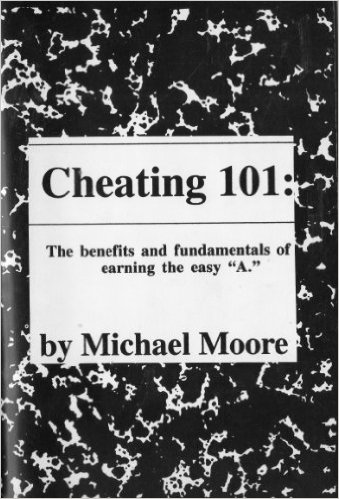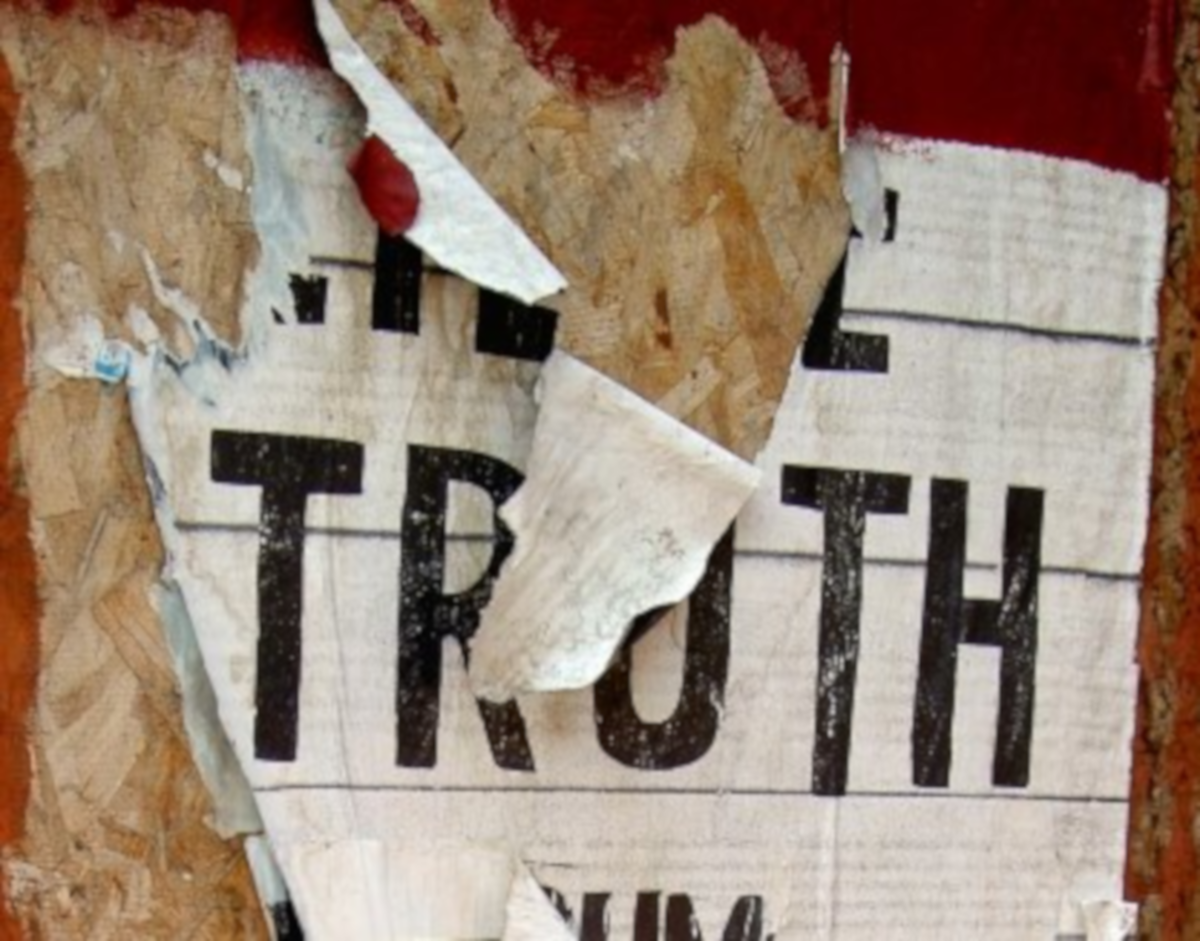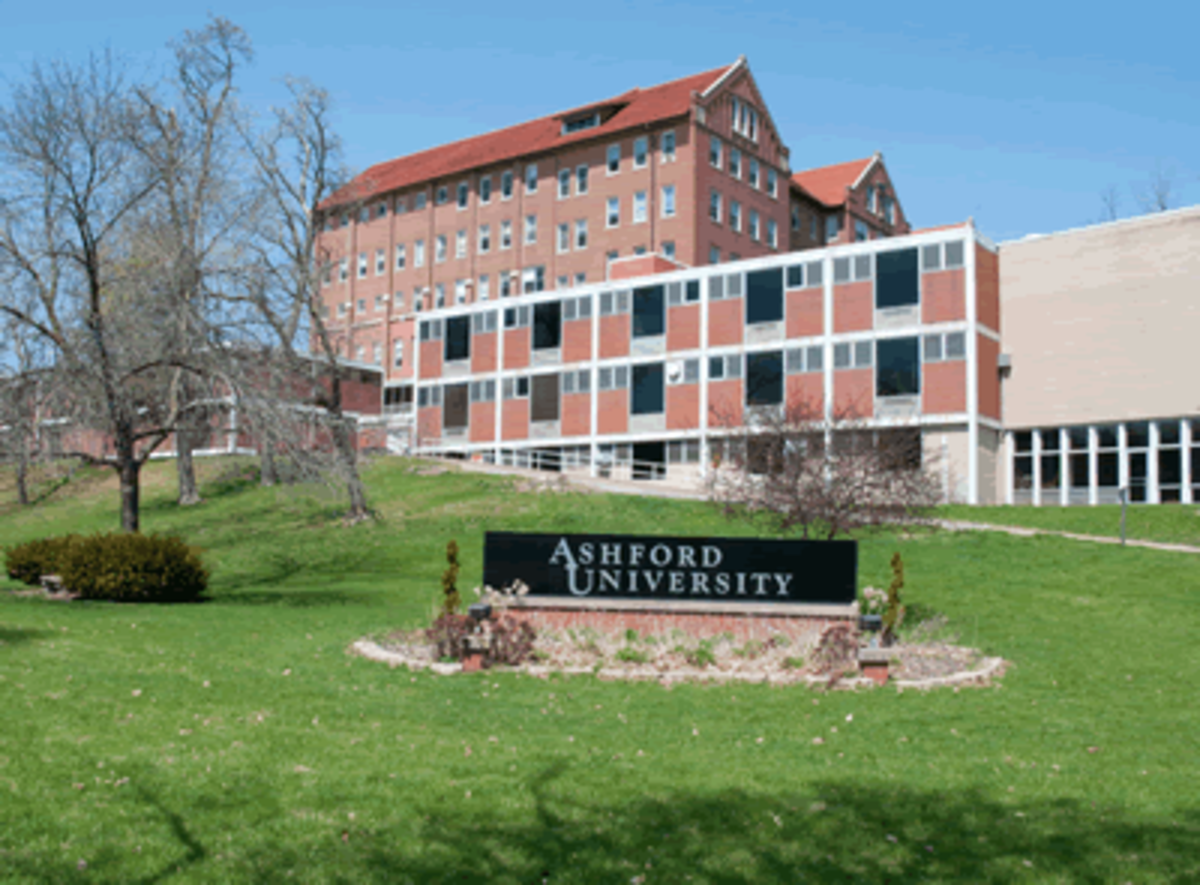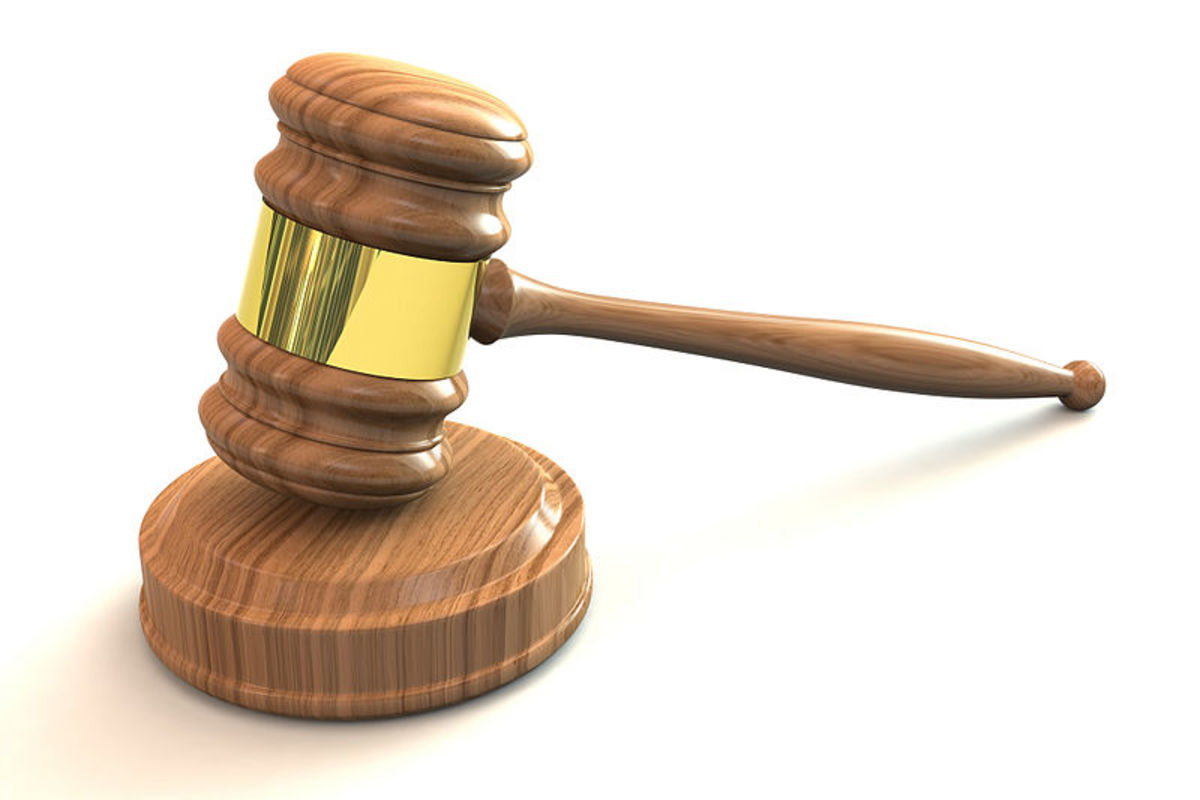Ethical Egoism and Cheating 101

Morality, Cheating and Ethical Egoism
In 1991, a Rutgers University student named Michael Moore published an 87-page guidebook titled, “Cheating 101: The benefits and fundamentals of earning the easy 'A'”. The publication caused outrage across campuses and as a result, many colleges refused to sell or advertise the book. Professors publicly lambasted Moore for his decision to publish the controversial book because it essentially made a mockery of academia. The Sun-Sentinel newspaper reported that a University of Florida Professor named David Denslow said about the book, “[t]his is abominable” and he would, “[l]ike to lynch him if [he] could get away with it.”(1)
It can be argued that reading the book is an example of ethical egoism because the readers would simply be doing what was best for their own self-interests. The ethical egoist would argue that publishing this book was in-fact not wrong since Moore was simply doing what was in his own best interests: Making money.
A contrary argument by the ethical egoist would be that learning the techniques might assist the cheater in receiving a high GPA; which would increase future career opportunities. The vast ideological contrast between the two philosophies is a quandary within itself because the cheater would essentially be hurting and helping themselves at the same time. Thus is the reason why we need to examine the agenda and moral virtues of the reader.
The moral issues surrounding this topic vary depending upon the reader's agenda and/or their beliefs. Moore claims that his book "[c]onverted the failures of administrators, professors and the entire university system into words”.(2) An ethical egoist would argue that no moral issues surround the book because it was written with the sole intention of exploiting the shortcomings of the professors, and not intended to help the cheaters. On the other hand, many people believe that the book diminishes the work that honest students put into their educations and belittles the dedication that professors put into their teachings.
Regardless of where you stand with ethical egoism, college campuses are not obligated to carry the book because the first amendment does not apply to whether or not they stock the book at their bookstores. This is not a Freedom of speech issue, but rather an ethical morality issue. The same theory applies to campus newspapers since they are a private organization boycotting the literature rather than the government entity violating Moore's Freedom of Speech.
Although I do not agree that it would be in the best interest of the students to read this book, educators can use it as a training manual in deterring students from cheating. Either way, there are several different reasons why someone might or might not want to read this book and it is not our responsibility to judge him or her for doing so.
Works Cited
1.) Moore, Arden. "Student's Book Tells How To Cheat Professors Grade Author's Efforts A Solid `F`" The Sun-Sentinel, 8 Mar. 1992. Web. 5 Oct. 2015.
2.) Nieves, Evelyn. "Student's Guide to Test-Taking: Shifting Gears for an Easy 'A'" The New York Times, 26 Dec. 1991. Web. 5 Oct. 2015.







